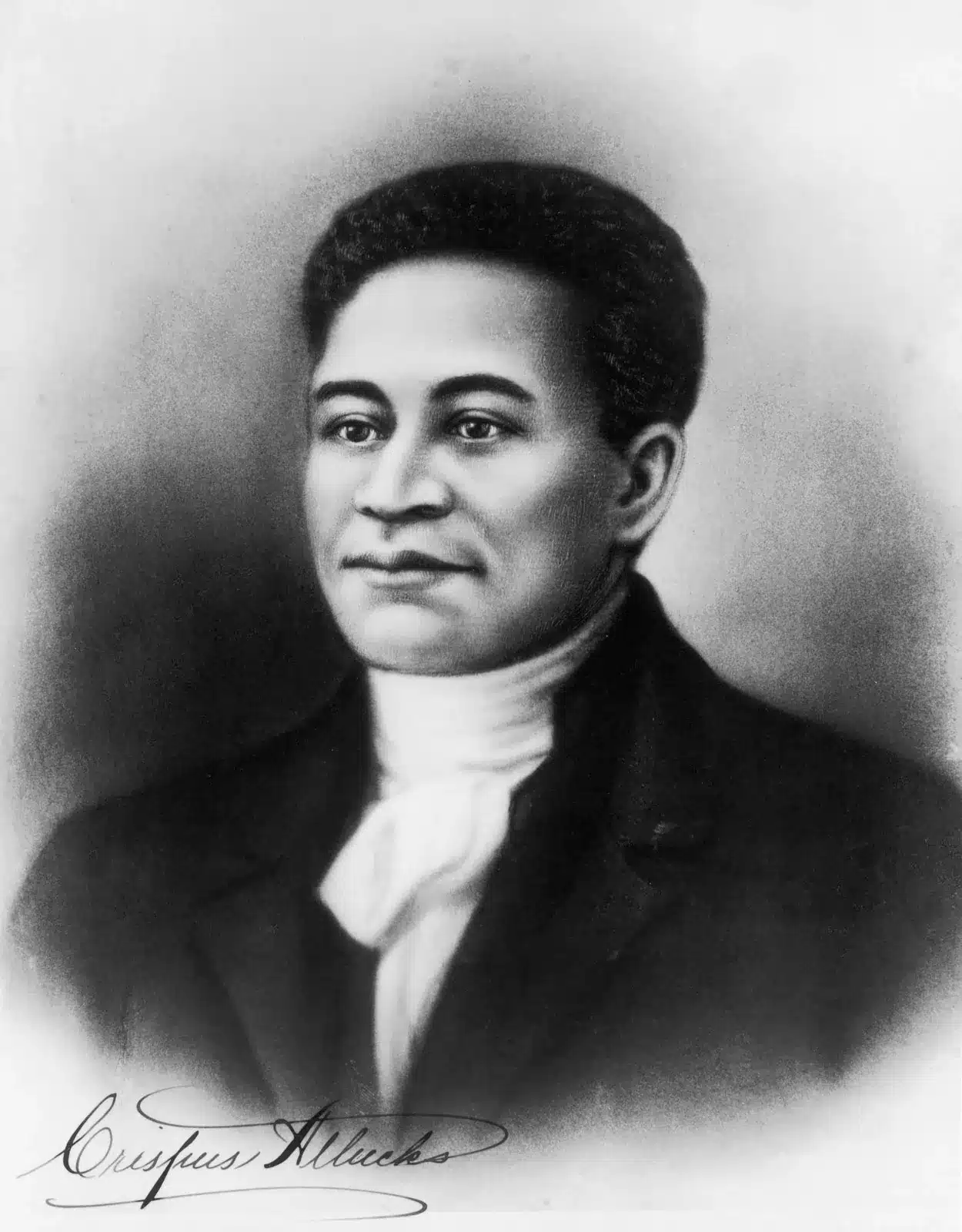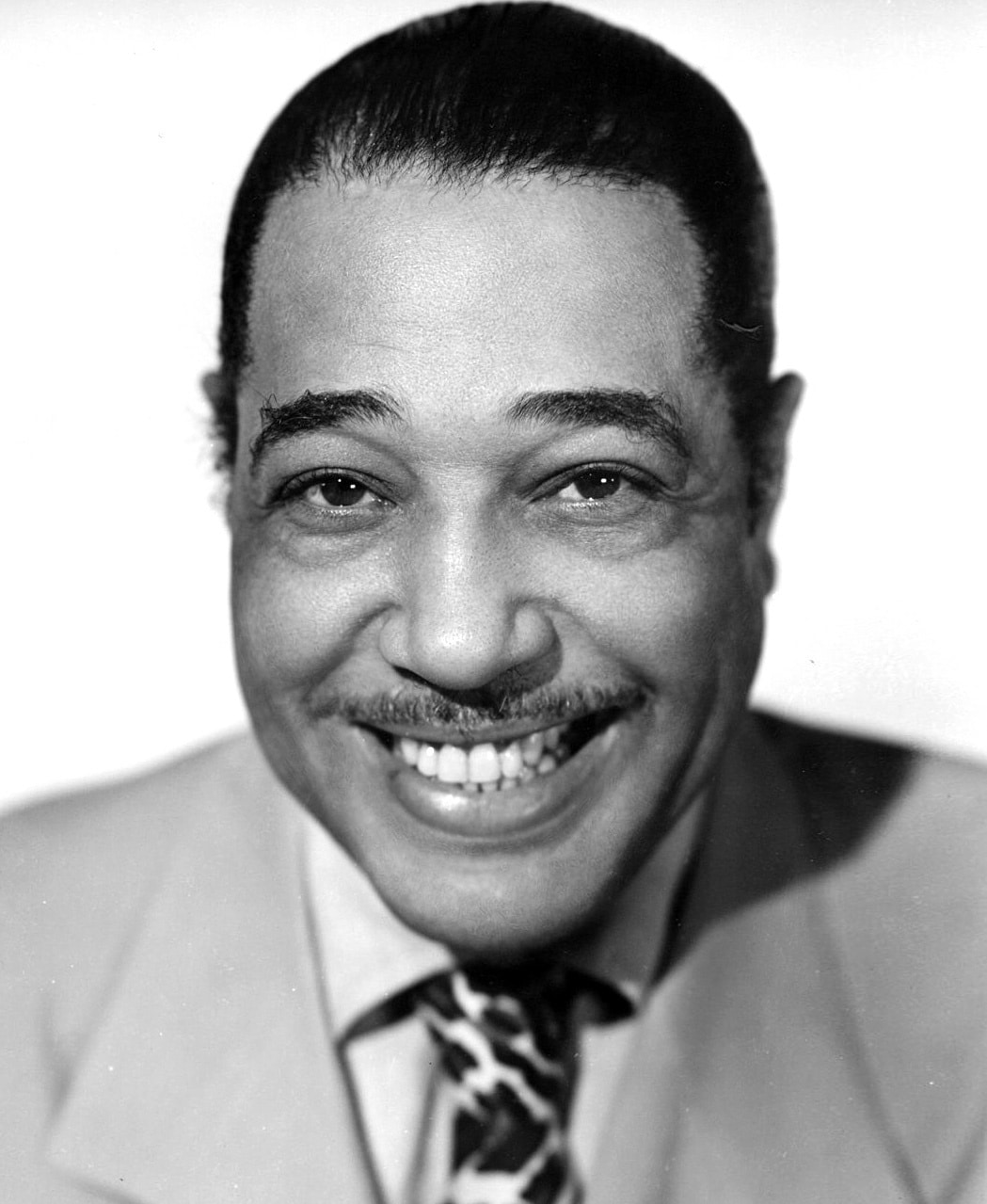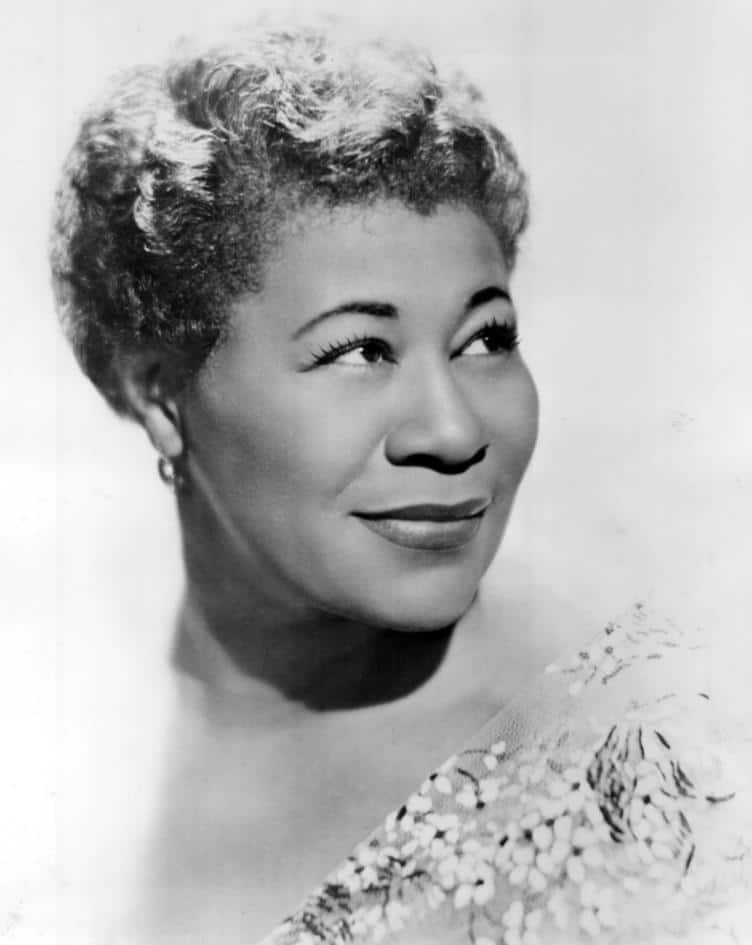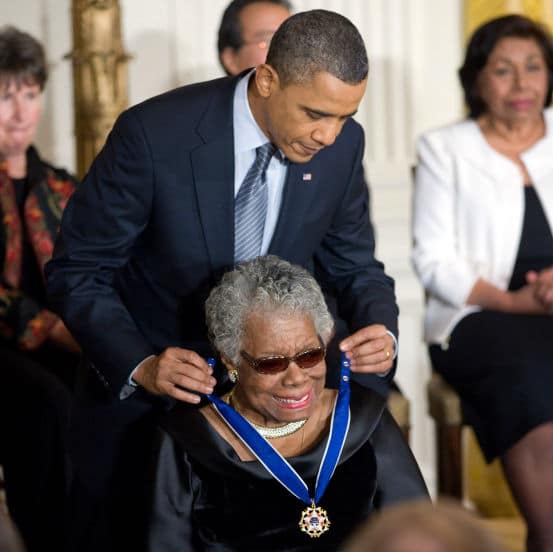February is Black History Month, and so we’ve curated a short list of names from Black history that represent strength, resilience, and the spirit of a community. Black history is filled with names that ring with power, reminding us of the incredible contributions made by these iconic names.
Arthur
Arthur Schomburg (1874–1938) was a pioneering Afro-Puerto Rican historian, writer, and activist who dedicated his life to collecting and preserving materials related to the African diaspora. A passionate advocate for Black history, Schomburg amassed an extensive collection of books, manuscripts, art, and artifacts that highlighted the contributions of Black people throughout history. His work helped to challenge prevailing racist narratives and provided a foundation for the study of African and African American history. Schomburg’s collection eventually became the basis for the Schomburg Center for Research in Black Culture, now part of the New York Public Library, which remains a vital resource for the study of African American and global Black history. His efforts laid the groundwork for the Black History Movement and continue to inspire scholars, educators, and activists.
Barack
Barack Obama was the 44th President of the United States. Born on August 4, 1961, in Honolulu, Hawaii, Obama is of mixed race, with a Kenyan father and an American mother. He rose to prominence as a member of the Democratic Party and made history as the first African American to be elected as President of the United States.
Benjamin
Benjamin Banneker (1731–1806) was an African American mathematician, astronomer, inventor, and author whose legacy is significant in both scientific and cultural history. Born free in Maryland, Banneker taught himself astronomy and mathematics, eventually publishing almanacs that included astronomical calculations, weather predictions, and tide tables. His expertise in these fields was particularly notable at a time when Black individuals faced immense racial barriers to education and professional recognition. Banneker’s work as an astronomer earned him a place in American science, and he was even appointed to help survey the land that would become Washington, D.C. In addition to his scientific contributions, Banneker’s correspondence with Thomas Jefferson, in which he challenged the Secretary of State’s views on slavery and racial inequality, remains a powerful statement for racial justice. His life and work continue to serve as a symbol of intellectual achievement and perseverance, inspiring generations of African Americans to pursue careers in science, mathematics, and the arts.
Camille
Three inspiring African-American Camilles include philanthropist Camille Cosby, sculptor Camille Billops, and actress Camille Yarbrough. Camille A. Brown is an acclaimed dancer, choreographer, and educator, known for her dynamic contributions to contemporary dance and the promotion of African American cultural expression through movement. She is the founder of Camille A. Brown & Dancers, a company that blends modern dance, African dance, ballet, and jazz with narratives that focus on Black culture and history. Brown’s choreography often explores themes of identity, community, and the Black experience, and her work has been showcased at prominent venues such as the Joyce Theater in New York City and the Kennedy Center.
Carter
Dr. Carter G. Woodson (1875–1950) was a pioneering African American historian, scholar, and educator, often referred to as the “Father of Black History.” Woodson was one of the first to study and document the contributions of African Americans and people of African descent throughout history, at a time when their roles were often ignored or misrepresented. In 1926, he launched Negro History Week, which later expanded to become Black History Month, celebrated every February to honor the achievements and cultural contributions of Black people. Woodson’s groundbreaking work, including his influential book The Mis-Education of the Negro, critiqued the educational system that marginalized Black history and promoted racial equality through education. His legacy continues to inspire the study and celebration of Black history, ensuring that it is integrated into the broader narrative of American and global history.
Carver
George Washington Carver was an African American scientist, botanist, and inventor who made significant contributions in the fields of agriculture and botany. He was born into slavery around 1864 in Diamond Grove, Missouri. Carver’s research focused on finding alternative crops and methods to improve the agricultural practices of Southern farmers, particularly those growing cotton. He promoted the cultivation of peanuts, sweet potatoes, and other crops as alternatives to replenish soil nutrients and diversify agricultural production.
Beyond his scientific contributions, Carver was a highly respected educator and mentor. He taught at Tuskegee Institute (now Tuskegee University) in Alabama for many years.
Cree
As a name, Cree hits all the right trends. It’s a short, long-voweled unisex name with a rugged air. It is a Native American tribe, as well as the name of Cree Summer, actress and voiceover artist. It would be interesting to name a child after her, considering she does a lot of voiceover work on children’s programming.

Crispus
Crispus Attucks (c. 1723–1770) was an African American man who is often remembered as the first martyr of the American Revolution. Born into enslavement in Massachusetts, Attucks escaped and became a sailor. On March 5, 1770, during the tensions between British soldiers and colonists in Boston, Attucks was killed in the Boston Massacre, a confrontation where British troops opened fire on a crowd of colonists protesting British policies. His death symbolized the struggle for freedom and justice, and he became a martyr for the cause of American independence. As one of the first to die in the conflict, Attucks’ sacrifice is often seen as a powerful statement against both colonial oppression and the system of slavery. His legacy is a reminder of the contributions of Black individuals to American history, particularly in the fight for liberty.
Della
Della Reese (1931–2017) was a multi-talented American singer, actress, and television personality who achieved success across music, television, and film. Starting her career as a jazz and gospel singer, Reese gained fame in the 1950s with hits like “Don’t You Know?” and “Someday (You’ll Want Me to Want You).” Her rich, soulful voice and dynamic stage presence made her a beloved figure in music. Reese also found success in acting, with her most notable role being Tess, an angel in the popular TV series Touched by an Angel (1994–2003), which earned her a Golden Globe nomination. In addition to her entertainment career, Reese was a trailblazer for Black women in Hollywood, breaking barriers in both music and television. She was also an ordained minister and used her platform to share messages of faith and love.
Duke
Duke Ellington (1899–1974) was a legendary jazz composer, pianist, and bandleader whose influence shaped the sound of American music. Born in Washington, D.C., he moved to New York City during the Harlem Renaissance and became a central figure in the evolution of jazz. Leading his orchestra for over 50 years, Ellington composed thousands of pieces, blending jazz, swing, blues, and classical influences into a sophisticated, distinctive style. His compositions, including Take the “A” Train, Mood Indigo, and It Don’t Mean a Thing (If It Ain’t Got That Swing), set new standards for jazz artistry. Beyond music, Ellington’s work elevated jazz as a serious art form, breaking racial barriers by performing in prestigious venues worldwide. His cultural contributions earned him numerous awards, including the Presidential Medal of Freedom, cementing his legacy as one of the greatest American musicians of all time.

Edward
Edward Bouchet (1852–1918) was a pioneering physicist and educator who became the first African American to earn a Ph.D. from a U.S. university. In 1876, he received his doctorate in physics from Yale University, making him one of the first Americans of any race to earn a Ph.D. in the field. Despite his extraordinary academic achievements, racial barriers prevented him from securing a university teaching position. Instead, he dedicated his career to educating Black students, teaching for decades at historically Black institutions such as the Institute for Colored Youth in Philadelphia. Bouchet’s perseverance and contributions to science and education paved the way for future Black scholars in STEM, leaving an enduring legacy in the fight for academic inclusion and excellence.
Ella
Ella Fitzgerald (1917–1996), known as the “First Lady of Song,” was a legendary American jazz singer whose extraordinary vocal range, precision, and improvisational skill made her one of the most celebrated and influential vocalists of the 20th century. Born in Virginia, Fitzgerald rose to fame in the 1930s after winning an amateur contest at the Apollo Theater in Harlem. She became renowned for her ability to perform a wide range of musical styles, from swing and big band to ballads and bebop, recording over 200 albums and earning 14 Grammy Awards. Fitzgerald’s collaborations with jazz greats like Louis Armstrong and Duke Ellington helped solidify her place as a jazz icon. Her voice, marked by its clarity, warmth, and expressive power, continues to inspire generations of musicians and remains a symbol of excellence in jazz and American music. Fitzgerald’s legacy endures not only for her musical achievements but also for her pioneering role in breaking racial and gender barriers in the entertainment industry.

Frederick
Frederick is name meaning “peace ruler” which is appropriate, considering these famous Fredericks: Frederick Gregory, astronaut, Frederick Patterson, founder of the United Negro College Fund, and Frederick Douglass, author, editor, abolitionist, and minister.
George
George Washington Carver (c. 1864–1943) was a brilliant scientist, agricultural innovator, and educator best known for his groundbreaking work with peanuts, crop rotation, and sustainable farming. Born into slavery during the Civil War, he overcame immense obstacles to pursue an education, eventually earning a degree in agricultural science. As a professor at Tuskegee Institute, Carver promoted crop diversification to help Southern farmers, particularly Black sharecroppers, move away from cotton dependency and improve soil health. While he developed hundreds of products from peanuts, sweet potatoes, and other crops—including dyes, plastics, and fuels—he never sought patents, believing his discoveries should benefit all people. His dedication to agricultural innovation, self-sufficiency, and education left a lasting impact on American farming and the advancement of Black scientists.
Gloria
Oh glorious Gloria! Aside from its lovely meaning and sound, Gloria has an ample supply of talented African-American bearers, such as Dr. Gloria Randle Scott, an educator also known for being the first African-American to head the Girl Scouts of USA and also president of Bennett College from 1987 to 2001. Other Glorias include award-winning author Gloria Naylor and actress Gloria Foster.
Harriet
Harriet Tubman (born Araminta Ross, c. 1822) was a courageous abolitionist, freedom fighter, and Union spy who escaped slavery and dedicated her life to leading others to freedom. As a conductor on the Underground Railroad, she made at least 13 missions to rescue enslaved people, guiding them to safety despite the immense dangers. During the Civil War, she served as a scout, nurse, and spy for the Union Army, even leading an armed raid that freed over 700 enslaved individuals. Tubman’s unwavering bravery and dedication to justice earned her the nickname “Moses,” symbolizing her role in delivering people from bondage. Even after the war, she continued advocating for civil rights and women’s suffrage, leaving behind a legacy of resilience, sacrifice, and unwavering commitment to freedom.
Ida
Ida B. Wells (1862–1931) was a groundbreaking African American journalist, educator, and civil rights activist who dedicated her life to combating racism and injustice. Born into slavery in Mississippi, Wells became a prominent voice against the lynching of Black people in the United States, using her platform as a journalist to expose the brutal practice and its widespread occurrence in the South. Her investigative reporting and advocacy led to national and international attention on the issue, making her one of the most influential early leaders in the fight for civil rights. In addition to her anti-lynching work, Wells was a passionate advocate for women’s suffrage and co-founded the National Association for the Advancement of Colored People (NAACP). Her courage, determination, and tireless activism played a pivotal role in raising awareness of racial violence and inequality in America.
Jesse
Rev. Jesse Jackson (born 1941) is a prominent African American civil rights leader, Baptist minister, and politician who has dedicated his life to advocating for racial equality, social justice, and economic empowerment. A close ally of Dr. Martin Luther King Jr., Jackson was a key figure in the Civil Rights Movement, organizing protests and marches for voting rights, desegregation, and equal opportunity. In the 1980s, he became a national political figure, running for president in 1984 and 1988, where his campaigns focused on issues such as poverty, healthcare, and education. As the founder of the Rainbow PUSH Coalition, Jackson has worked tirelessly to promote economic and social justice, focusing on improving the lives of marginalized communities.
Jesse Owens (1913–1980) was an iconic American athlete whose remarkable achievements in track and field made him one of the greatest Olympians of all time. Owens is best known for his performance at the 1936 Berlin Olympics, where he won four gold medals—defeating Adolf Hitler’s notion of Aryan racial superiority by triumphing in the 100 meters, 200 meters, long jump, and 4×100 meter relay. His success not only shattered racial barriers but also challenged the deeply entrenched racial ideologies of the time. Owens faced significant adversity, including segregation and discrimination, but his talent and perseverance made him a symbol of resilience and excellence. After his Olympic triumphs, Owens became a global ambassador for the sport, advocating for racial equality and inspiring generations of athletes.
Josephine
Josephine Baker (1906–1975) was an American-born entertainer, civil rights activist, and French Resistance spy who broke racial barriers and became one of the most famous Black performers of the 20th century. Born in St. Louis, Missouri, she moved to France in the 1920s, where she found international fame as a singer, dancer, and actress. Her performances, particularly her iconic “banana skirt” dance in La Revue Nègre, challenged racial stereotypes and made her a symbol of the Jazz Age.
Beyond entertainment, Baker was a dedicated activist. During World War II, she worked as a spy for the French Resistance, using her celebrity status to smuggle intelligence across borders. She later became a prominent figure in the U.S. Civil Rights Movement, refusing to perform for segregated audiences and speaking at the 1963 March on Washington alongside Martin Luther King Jr.
Jupiter
In 1761, when the poem “An Evening Thought. Salvation by Christ with Penitential Cries” was printed, Jupiter Hammon became the first African-American writer to be published in the United States. Born into slavery in 1711 in Long Island, New York, he was allowed to receive an education and worked as a clerk and writer for the Lloyd family, who enslaved him. His first published poem, Hammon’s writings, which included poetry and essays, often reflected his deep Christian faith and complex views on slavery, advocating for gradual emancipation rather than immediate abolition.
Leontine
Leontine, a name that sounds positively powerful. Leontine Kelly was the first African American woman elected bishop in the United Methodist Church and Leontyne Price was an acclaimed American soprano, widely regarded as one of the greatest opera singers of the 20th century.
Born in Laurel, Mississippi, Price rose to prominence in the 1950s and 1960s, becoming the first African American to achieve international stardom in opera. She performed in major opera houses, including the Metropolitan Opera in New York, where she made her debut in 1961 as Cleopatra in Antony and Cleopatra. Throughout her career, Price’s repertoire spanned a variety of roles, from Verdi and Puccini to contemporary composers. She also broke racial barriers in the world of opera, often performing in roles that were historically unavailable to Black singers.
Malcolm
Malcolm X, born Malcolm Little on May 19, 1925, was a revolutionary leader in the fight for Black empowerment and civil rights. He became a powerful voice for Black nationalism, self-determination, and resistance to systemic oppression. As a minister and spokesperson for the Nation of Islam, he advocated for racial pride and self-reliance, challenging mainstream civil rights strategies that emphasized nonviolence. After leaving the Nation of Islam in 1964, he adopted a more global perspective on racial justice, embracing unity among oppressed people worldwide. His assassination in 1965 cut his life short, but his legacy continues to inspire movements for Black liberation, justice, and dignity.
Maya
The name Maya is popular at the moment, parents undoubtedly being inspired by Angelou, as well as the name’s lovely sound. It is generally pronounced MY-ah, but some choose MAY-ah instead.
Maya Angelou (1928–2014) was an influential American poet, author, actress, and civil rights activist whose work transcended genres and touched millions of lives. Best known for her autobiographical series, which includes her groundbreaking memoir I Know Why the Caged Bird Sings (1969), Angelou chronicled her experiences with racism, trauma, and resilience, becoming a powerful voice for Black women and marginalized communities. Her poetry, such as Still I Rise and Phenomenal Woman, celebrated strength, self-worth, and defiance against oppression. Angelou’s remarkable career also included acting, directing, and working with prominent civil rights leaders like Martin Luther King Jr. and Malcolm X. She was the first Black woman to write and direct a major film, and in 1993, she became the first African American woman to recite a poem at a presidential inauguration, for president Bill Clinton. Angelou’s legacy endures through her literary contributions, her advocacy for equality, and her unwavering commitment to uplift the human spirit.

Niara
Dr. Niara Sudarkasa (1938–2019) was a pioneering scholar, anthropologist, and educator known for her contributions to African and African American studies. She was the first Black woman to become president of Lincoln University, the nation’s first degree-granting HBCU. A trailblazer in academia, she was also the first African American woman to receive tenure at the University of Michigan, where she specialized in West African cultures, gender roles, and the African diaspora. Throughout her career, Sudarkasa emphasized the importance of connecting African Americans to their African heritage, advocating for Pan-African unity and educational opportunities. Her work on African family structures and leadership roles among women reshaped discussions in anthropology and Black studies. A passionate advocate for historically Black colleges and universities (HBCUs), she worked tirelessly to promote higher education and cross-cultural understanding.
Ralph
Dr. Ralph Bunche (1904–1971) was a distinguished American political scientist, diplomat, and Nobel Peace Prize laureate, best known for his pioneering work in international diplomacy and conflict resolution. In 1949, he became the first African American to win the Nobel Peace Prize for his mediation efforts in the Middle East. Bunche’s groundbreaking work in the United Nations, where he served as an undersecretary, was instrumental in promoting peace, decolonization, and human rights worldwide. Throughout his career, he was a tireless advocate for racial equality and played a significant role in the civil rights movement. His legacy as a leading figure in global diplomacy and his contributions to peace-making continue to inspire international leaders and activists.
Sojourner
Sojourner Truth (born Isabella Baumfree, c. 1797) was an abolitionist, women’s rights activist, and powerful orator who used her life experience to fight for justice. Born into slavery in New York, she escaped in 1826 and later became a traveling preacher, advocating for the abolition of slavery and equal rights for women. Her most famous speech, “Ain’t I a Woman?” delivered in 1851, challenged both racial and gender inequalities, demanding recognition of Black women’s humanity and strength. Truth worked tirelessly to aid newly freed people after the Civil War, promoting land rights and equal opportunities. Her courage, eloquence, and unyielding faith made her one of the most influential voices in the fight for freedom and equality.
Zora
Zora Neale Hurston (1891–1960) was a groundbreaking African American author, anthropologist, and folklorist whose work celebrated Black culture and the complexities of African American life in the early 20th century. A key figure in the Harlem Renaissance, Hurston is best known for her novel Their Eyes Were Watching God (1937), which explores themes of identity, independence, and love through the story of a Black woman’s life in the South. Hurston’s writings, rich with folklore, vernacular language, and vivid characters, defied prevailing literary conventions and highlighted the voices of Black women. As an anthropologist, she conducted fieldwork that preserved African American and Afro-Caribbean cultural traditions. Despite facing criticism and obscurity during her later years, Hurston’s work was rediscovered in the 1970s and has since become a foundational part of the American literary canon. Her legacy endures as a trailblazer for African American women writers and as a champion of Black cultural expression. Hurston has been an inspiration for many African-American writers, including Alice Walker and Toni Morrison.
Jennifer Moss (she/her) is the founder of BabyNames.com, author of The Baby Names Workbook, and Producer of The Baby Names Podcast. Jennifer is widely regarded as the leading expert on popular baby name trends and the naming process, serving as the authoritative source on the subject for national and international media.
Jennifer entered the tech arena in the 80s as a software developer and database architect, and became a pioneer in the Internet industry. In addition to operating BabyNames.com, Jennifer owns a web development agency in central California.






